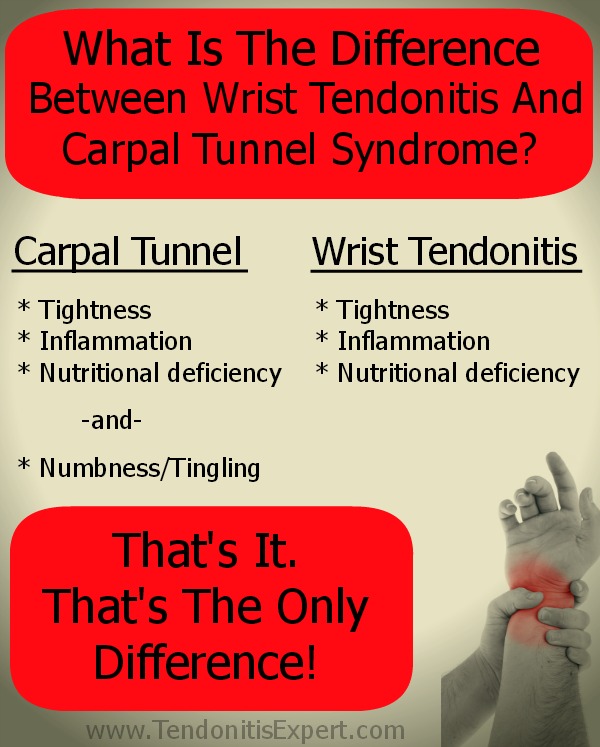Calcific bursitis and peritendinitis in shoulder?
I am a 50 year old female and for many years (7 or so) I had a nagging, on-again, off-again, pain in my left shoulder with the pain towards the front and high on arm.
I had been lifting weights for exercise, so I assumed that was the reason for the injury and I stopped lifting, but the pain continued.
Later I did some swimming for exercise and also gave that up, as it seemed to make the pain worse. In recent years, I'd say the pain has always been there during certain movements and also waking me up at night.
In January, I suddenly had an acute problem ... over the course of a day I had increasing pain and stiffness, so that I really could not move my arm barely at all, and I was in considerable, constant pain.
I went to the doctor, who said it was "frozen shoulder" (although I could move it a bit,) ordered x-rays, and referred me to physical therapy. Here is what was reported by the x-ray:
"No acute articular or bony abnormality. Anatomic relationships.
Moderately extensive soft tissue calcification about the rotator cuff.
** IMPRESSION **:
Calcific bursitis/peritendinitis otherwise negative examination."
Within a few days the shoulder was far less "frozen" and I went to 4 physical therapy appointments. The therapist tried iontophoresis twice, as well as plain electrical stimulation. He also gave me some exercises, which i did. Nothing seems particularly different pain-wise and after the last appointment he said he'd done what he could and maybe it would just get better on its own.
I am very curious about the relationship of Vit D, calcium, and magnesium. I recently (3 weeks ago) started Mg supplementation, because I had read that it might help with removing calcification. Also interesting, I think, is the fact that last year in April my Vit D was tested for the first time and my level was 7 ... very, very low. I supplemented during that summer and got my level up to 75, but i wonder if this might have caused the calcification to form or get worse? I am rather confused by what i have read
Or is it now perhaps in the reabsorption phase?
Any advice? Thanks very much!
----
Joshua Answers:
Hi there. Sure, I always have suggestions!
You didn't leave your email address or check the notifications box, I hope you find this response.
1. Did you supplement with Vitamin D3 or 'prescription' D2? If that 75 is D2, you -have- to switch to D3. D2, basically, brings up level numbers but doesn't provide the benefits.
2. Vitamin D and Magnesium are required to utilize Calcium. If you don't have enough Mag, the body can and does secrete calcium, aka your calcified shoulder. I'm not saying that's the FOR SURE reason, but it's surely a player.
3. It's likely that the calcification has been building up over time, yes. It doesn't just go from totally healthy to calcified overnight. You just didn't feel it because your body compensated as long as it could. Although actually you did feel it, a little at first, then more and more, then one day you had to go see the doc.
That's how Tendonitis and Calcific Tendonitis works. It's all about the Downward Spiral of the Pain Causing Dynamic
.
And whether it's bursitis or tendonitis, you still need to make the whole ecology happy.
----------------------
Please reply using the comment link below. Do not submit a new submission to answer/reply, it's too hard for me to find where it's supposed to go.
And, comments have a 3,000 character limit so you may have to comment twice.
-----------------------

Joshua Tucker, B.A., C.M.T.
The Tendonitis Expert
www.TendonitisExpert.com
| |
| Share Your Story Achilles Tendonitis Surgery Stories Carpal Tunnel Surgery Stories Plantar Fasciitis Surgery Stories Nerve Conduction Test Stories Share YOUR stories (and horror stories!). |
Comments for Calcific bursitis and peritendinitis in shoulder?
|
||
|
||
|
||
|
||
|
||
|
||



